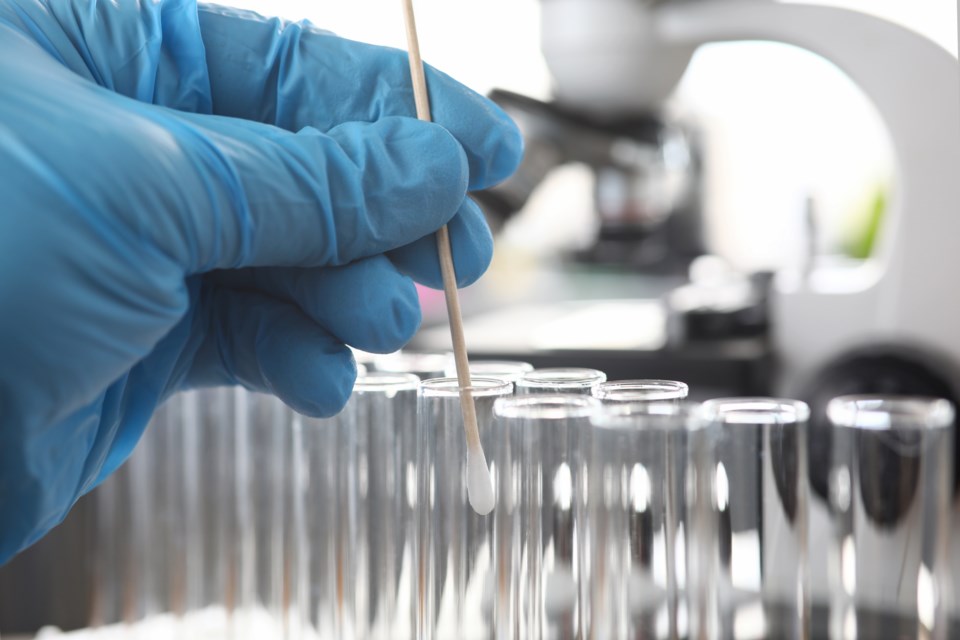Editor’s note: This story was originally published by The Colorado Sun and was shared via AP StoryShare.
***
Feeling unwell? Colorado wants you to get a coronavirus test.
Think you were exposed to COVID-19, but not showing any symptoms? Colorado wants you to get a coronavirus test.
Just wondering if you have coronavirus? Colorado wants you to get a coronavirus test.
“You don’t need an appointment. You don’t need a doctor’s note,” Gov. Jared Polis said of the state-run testing sites. “You can simply go and get tested.”
Months after Colorado public health officials and hospitals were turning away people with coronavirus symptoms who wanted to get screened, the state is now pleading with the public to use its expanded testing capacity. The more people who get tested, Polis says, the more likely it is that cases will be detected and the spread of COVID-19 will be slowed.
The change in guidance around testing is another sign of the complicated, changing dynamics of the pandemic and how public health officials have been forced to reeducate people.
You may remember that experts initially recommended mask-wearing for only those who were sick. Now, masks are required to enter any public, indoor space in Colorado.
As of last week, the state-run testing sites in Federal Heights, Aurora, Colorado Springs, Grand Junction and Pueblo were operating at only about half of their capacity, screening, on average, about 1,000 people per day.
“We can be more effective in reducing the spread if we know about more of the cases,” Polis said. “With the testing where it is, and our positivity rate where it is, we are identifying the majority of the cases in Colorado. But there’s still a third or more cases that are undiagnosed and unknown and there’s no (work) around preventing their contagion.”
More testing equals more more positive results. And that’s a good thing.
“By catching an even higher percentage of those cases early, we can have a major effect in reducing the prevalence of the virus in our state,” Polis said.
Polis said he’s particularly concerned about how few people are showing up to get tested in Colorado Springs and Pueblo. While the statewide rate of test results coming back positive is about 2.8%, the southern Colorado cities were seeing rates of 2.4% and 4.7% respectively last week.
“That’s not necessarily because there are more cases in Pueblo and El Paso counties. It’s because we have less data. Less people are being tested,” the governor said.
The Colorado Department of Public Health and Environment says the state’s relatively low positive test rate is a good sign that “we are testing enough of the population.” Colorado’s daily testing capacity is about 15,000 between its own lab, the labs the state partners with and private labs.
“We built in more capacity to prepare for any increase in cases we may see in the fall,” a spokeswoman for CDPHE said.
But according to the Kaiser Family Foundation, Colorado last week ranked 39th out of all states and Washington, D.C., in tests per 1,000 people.
There are more than 50 free, community testing sites across Colorado, including three in Longmont listed at 211colorado.org: Salud Family Health Center, UCHealth's specimen collection center and NextCare Urgent Care. View the full list of testing centers statewide here.



